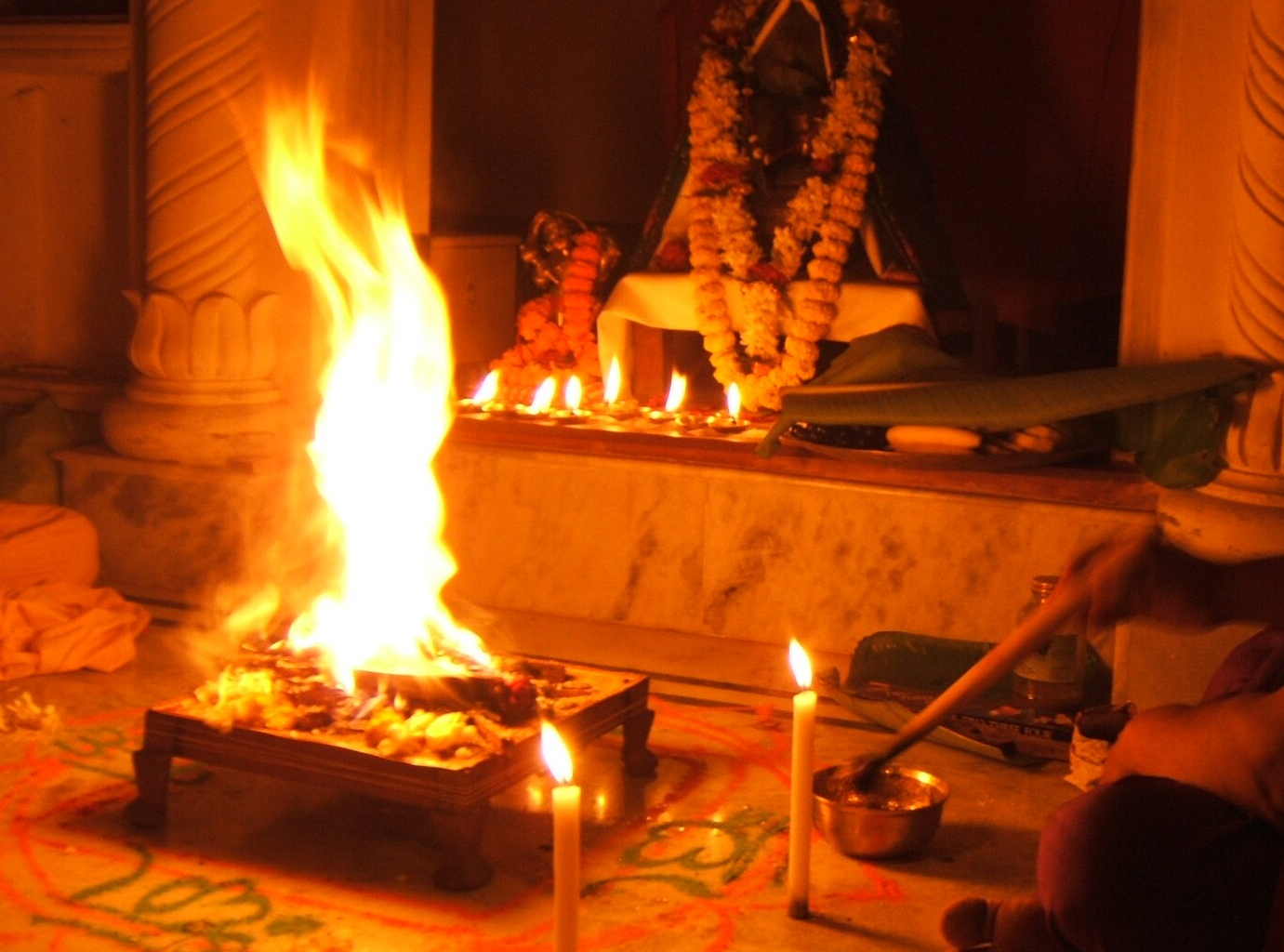
Prabhu: Who is it that this ṛtvik system has come from?
HH BVPS Mahārāja: Hmm?
Prabhu: How this new ṛtvik system has come?
HH BVPS Mahārāja: Ṛtvik system, means?
Prabhu: The Ṛtviks?
HH BVPS Mahārāja: The Ṛtviks? It has come from the principle of frustrated temple presidents and Godbrothers that want to be in exclusive control and charge of their independence, you know, to the exclusion of any Gurus. Because Prabhupāda is not there to come along to tell them what to do and take their devotees and move them around the temples - that's where it had come from. It has nothing to do with philosophy, nothing to do with culture, it is simply power politics, that's all. That's all it is. Because you notice, the people who are the most strong about it are all very independent temple presidents who don't want to work under anybody's authority, and they have always been like that. This is my observation. You have one or two people who make a philosophy of it, but they are also people who are independent and just don't have any respect for anybody. But the point about it is is, it maintains your independence, but at the same time you could be an authority. Because the temple president, he technically becomes the Guru, though he clouds it, hides it behind, 'No, no, they are Prabhupāda's disciples.' But he is the one that tells them what Prabhupāda's purports and program, and everything means. So it's just that Gurus come along and take disciples out of their temple, or they get, you know, affections by the disciples, or disciples want to spend time with them or give them money, and the presidents don't like that. There should be some balance, of course, there has been excesses in the past, but the point is is, that's where the inspiration came from. Before there were, in the beginning, there was no concept. This came after Godbrothers saw that the Gurus were respected, but they weren't. They want to be respected also, you know, the temple presidents, they want the authority, that's where it comes from.
Because that way it's just managerially you become Guru, you don't have to have any spiritual qualification. Just by being the temple president then you are automatically Guru. Means, you are Guru anyway, but then you elevate yourself up to a higher platform. That's all, this is just politics, it has nothing to do with philosophy or culture. If you just present it like this, no one will buy it, but if you present it like it's some philosophy or culture, people apply some emotion, 'How many times can they go with Guru falling?' he says. Well, how many girlfriends you went through? How many boyfriends you went through, and still have faith in the system. Millions of people have tried it, no one has been satisfied in history, as long as it has ever happened, but still you got married. So how many times... What do you mean, how many times can you go through? Give us a break. So that's the principle.
